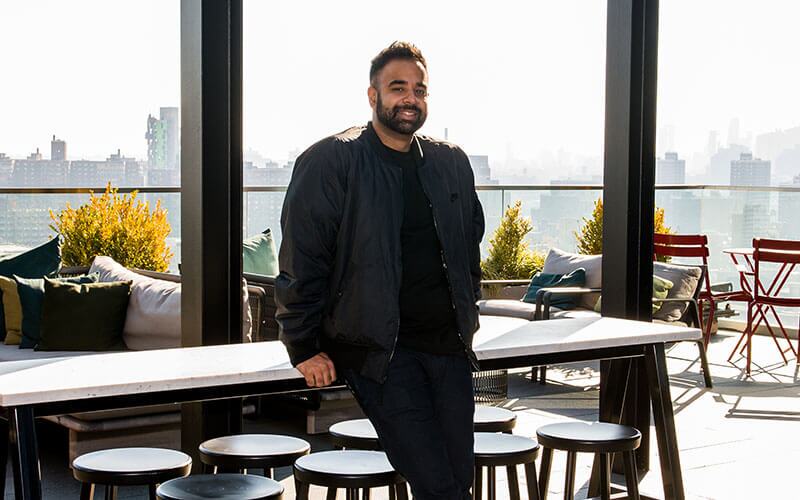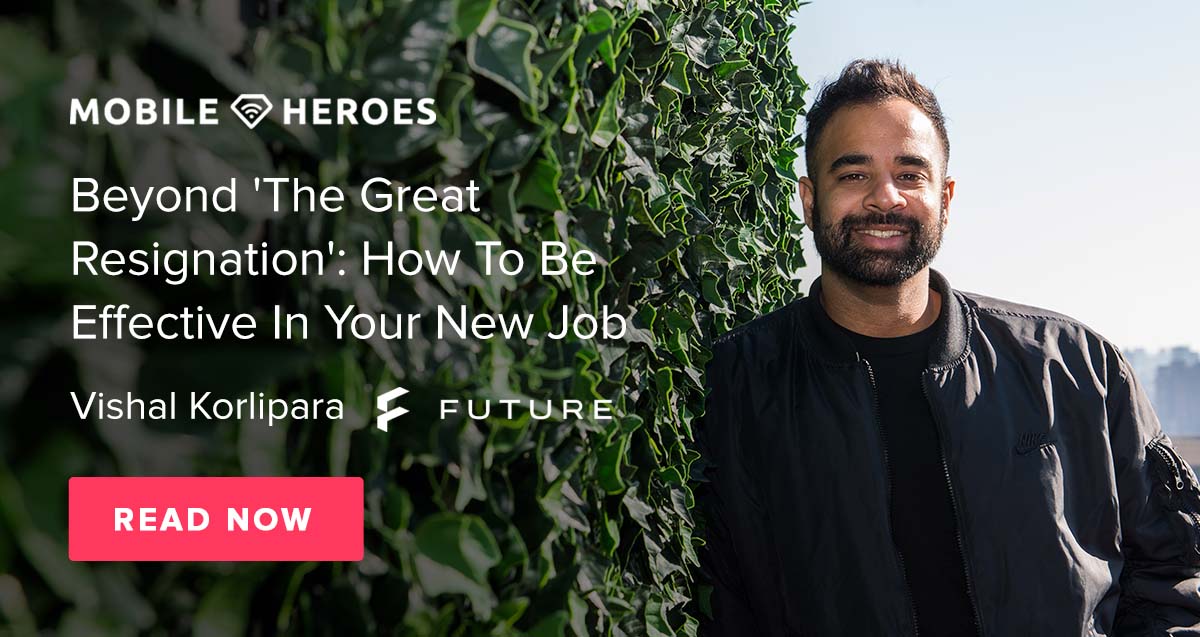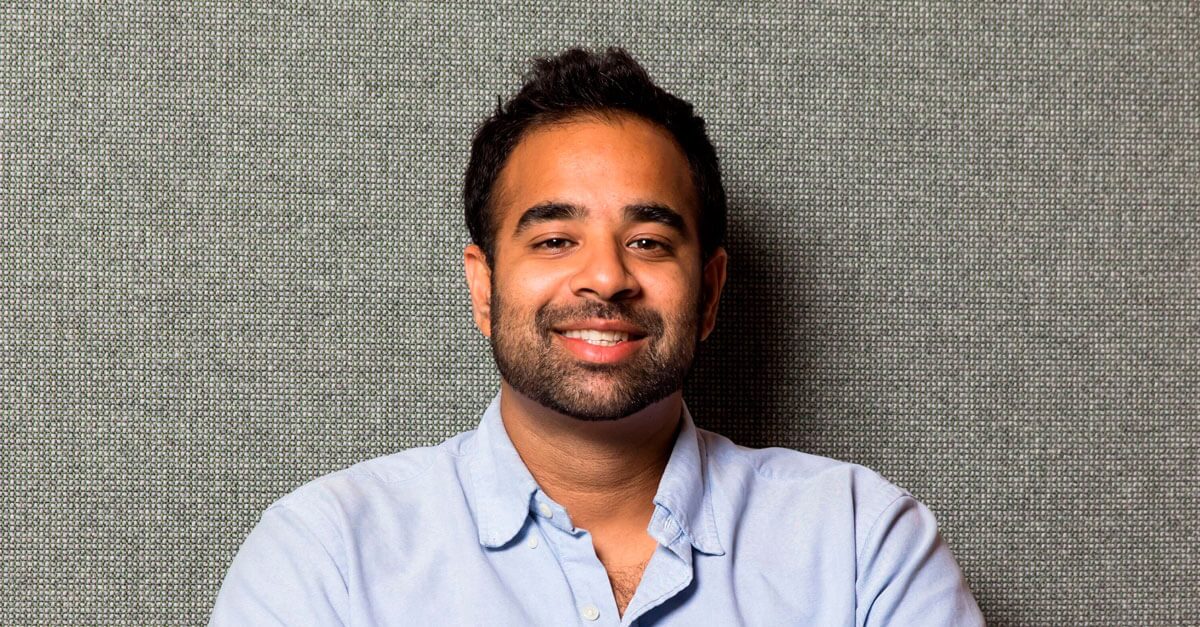Vishal Korlipara
Growth, Acquisition

Vishal was first featured as a Mobile Hero in 2019. At the time, Vishal had just moved to San Francisco and landed a role at Credit Karma. After a few years in the fintech space, Vishal decided to pursue his passion in fitness—so he joined Future to manage growth and acquisition for their fitness app. We caught up with Vishal to see what he has been working on these past few months.
What have you been up to since you were first featured as a Mobile Hero? How has your career progressed?
I went through a crazy acquisition when Intuit bought Credit Karma. The acquisition process taught me a lot about how the tech world works—beyond the tactical nature of digital marketing. During that time, I transitioned into a senior role and gained experience in a managerial position at an established company. A few months ago, I decided to join the fitness industry with Future since health & fitness has always been a major passion of mine.
The app marketing industry has evolved in many ways since you first entered it. Taking a step back, what is something you find interesting or notable about the industry?
To me, the industry is notable for its adaptability and its community. I met some amazing friends on this journey, and I always feel that the community has plenty of positive energy. When iOS threw us a curveball, we all huddled and innovated to solve industry-wide issues. I have weekly recurring meetings with industry associates who are much more talented than me. Opportunities like these allow people like me to bring innovative ideas to the public.
If you could go back in time to when you first started working in mobile and give yourself one piece of advice, what would it be?
It’s hard to narrow it down to one. So here are four in no particular order:
- Learn SQL immediately.
- Learn UX principles and even how to design in Figma.
- Learn financials and how to set up budgets based on LTV/CAC.
- Don’t limit yourself to channel management. Become a full-rounded growth expert.
COVID-19 has had an uneven impact on the mobile industry. Many companies actually benefited from the increased time at home. How has the pandemic impacted your business? And what changes did you make to your marketing strategy as a result?
Future was very fortunate in that consumers had to adapt to at-home fitness solutions. People couldn’t meet up physically, and this created a need for virtual meetings with a personal trainer. Our marketing strategy didn’t change dramatically—other than adjusting the copy to be more intentional regarding COVID solutions. The most significant change was securing additional funding and scaling in a short time frame.
With WFH as the new norm and companies shifting to virtual meetings and events, what are you doing to stay connected?
Future is fully remote with over 200+ personal trainers located all over the US. It’s tough to keep the camaraderie and synergy going without meeting in person.
Luckily, our leadership team is amazing. We’ve held off-sites for different organizations and ‘Marathon Challenges’ where we pair up with random people from our company to compete in a ‘virtual marathon’ involving various games and tasks. So far, events like these have done decently well, but we will have to keep innovating to maintain team morale.
Let’s talk ad creative. Even during a pandemic, testing ad creative is essential to performance. Can you offer an insight or two you’ve gained from conducting your own creative tests?
Simplify your tests to one hypothesis at a time. If you are testing in Facebook, keep everything the same except one variable. From there, create a testing roadmap and partner with your creative/brand team to maximize your impact and keep everyone focused on the same goal.

